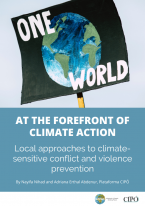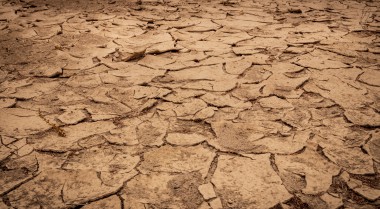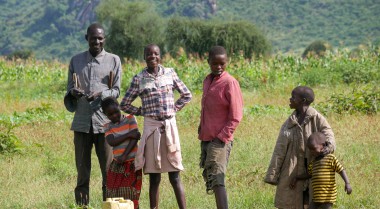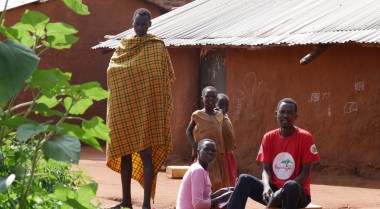
At the Forefront of Climate Action: Local approaches to climate-sensitive conflict and violence prevention
As sea levels rise, soil erosion accelerates, and droughts and floods intensify -- to name only three impacts of climate change -- local communities are increasingly affected. People lose their livelihoods and cultures, are forced to move, and suffer health problems. More broadly, human security is increasingly being undermined by climate change. Conversely, communities in conflict-affected settings often are also sources of innovation and repositories of first-hand knowledge and expertise for tackling climate-related risks through locally appropriate adaptation and resilience strategies. As a result, mapping and harnessing community-based approaches for addressing climate insecurities have become essential for addressing climate-related insecurities. Action to support rural women in entrepreneurship, strengthening early warning systems and response, building local capacities in adopting energy-efficient technologies, and educating youth to value and protect their environments would enable a more grounded approach to addressing climate-related conflict and violence.
The purpose of this mapping brief is to call attention to and provide examples of local initiatives for climate-sensitive conflict and violence prevention. Identifying existing initiatives at the local level is important because policy discussions of climate and security have focused largely on global, regional and national levels. Yet, without harnessing the lived experiences, perspectives, concerns and demands of local actors -- as well as their knowledge and capacity -- decision-making at higher governance levels runs the risk of leading to ineffective initiatives, or even, at the worst-case scenarios, to exacerbate conflict and violence. In sum, we provide an overview of key local initiatives to allow stakeholders such as international organisations, donor countries, and non-governmental organisations (NGOs) to better understand opportunities to develop locally-informed climate action in conflict-affected settings.



